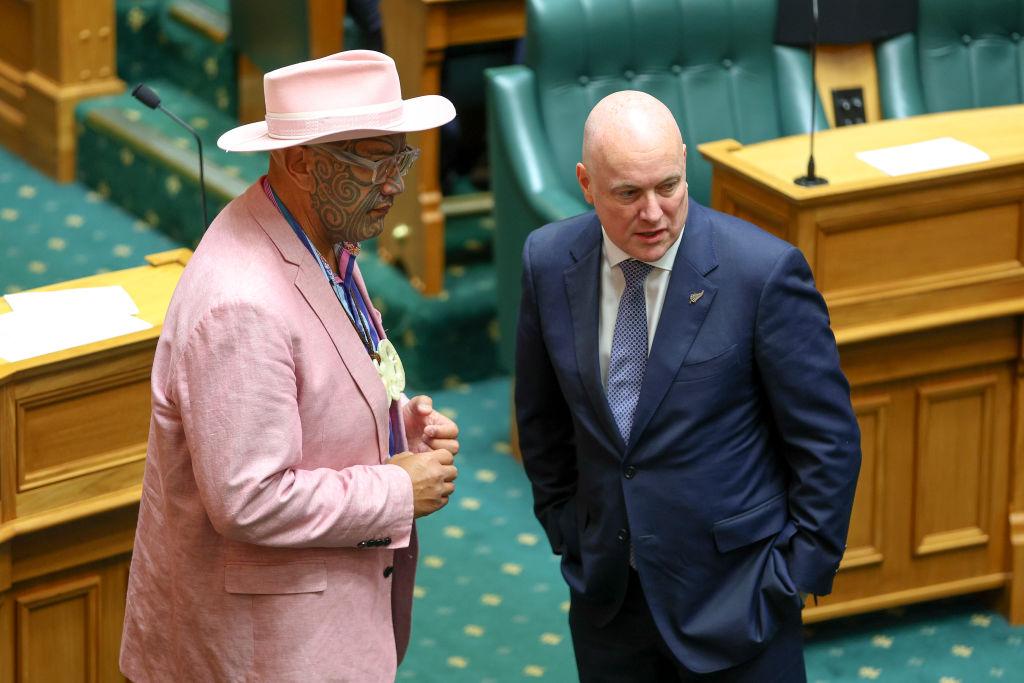New Zealand government coalition’s ACT party has issued notice to abolish a separate health authority that was set up to meet the health needs of indigenous people.
In the lead-up to the 2023 general election ACT campaigned to get rid of the Authority, with party leader David Seymour saying: “The Māori Health Authority experiment has been disastrous, and that’s why we will end it.”





